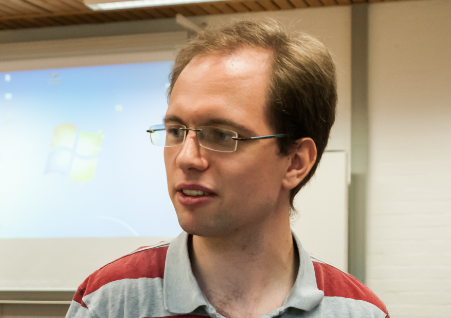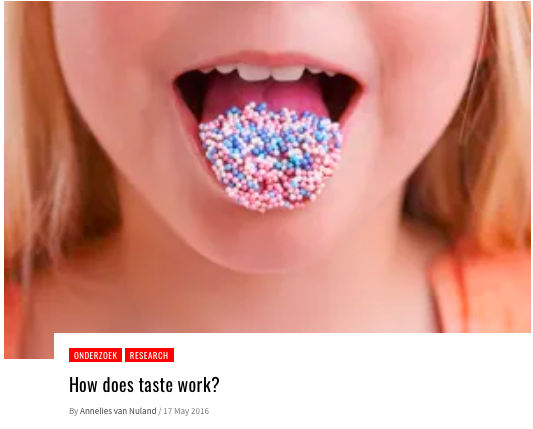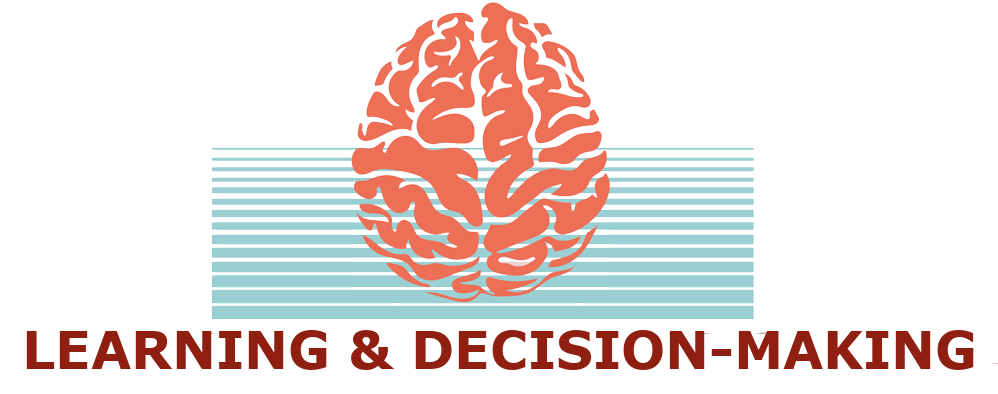Lab News
![Donders Wonders: Een wetenschapper voor de klas [NL]](https://images.squarespace-cdn.com/content/v1/6016b7574179414b86526a5c/1637494906461-NF4ZQT959MUNLFLPWORF/Screen+Shot+2021-11-21+at+12.38.07.png)
Donders Wonders: Een wetenschapper voor de klas [NL]
In this blogpost [NL], Annelies van Nuland writes about the Brain Awareness week in which neuroscientists from the Donders Institute visit middle schools all across the Netherlands.

Vanessa joins the lab!
Vanessa Scholz has joined the lab as a postdoctoral guest researcher! She will carrying out a large online study on motivational biases and how they relate to distinct transdiagnostic psychiatric symptom dimensions.

Donders Wonders: Could coffee harm or help you?
Annelies van Nuland has previously written a blogpost about how your morning coffee helps to wake you up, but how much coffee is too much?

Johannes joins the lab!
We are very excited to be joined by Johannes Algermissen, starting his PhD with us on how we (mal)adaptively employ different decision strategies. For more information, check out his personal page!

Hanneke awarded 5-yr Vidi Grant by NWO
Very proud to announce that Hanneke was awarded €800.000 for an NWO Vidi project to study adaptive decision-making under changing environmental constraints. Have a look below for a Dutch and English summary!

Donders Wonders: Could you go without your daily dose of caffeine?
Check out this blogpost on Donders Wonders by Annelies van Nuland to find out how your morning coffee helps to wake you up.


New paper by Jennifer Swart in eLife
Our study titled “Catecholaminergic challenge uncovers distinct Pavlovian and instrumental mechanisms of motivated (in)action” is now published online in eLife. In this study, we examined whether motivational biases may also arise from asymmetrical instrumental learning of active and passive responses following reward and punishment outcomes. The results indicate that reward and punishment cues promoted generalized (in)action in a Pavlovian manner, whereas outcomes enhanced instrumental (un)learning of chosen actions. These cue- and outcome-based biases were altered independently by the catecholamine enhancer melthylphenidate. Our study uncovers two distinct mechanisms by which motivation impacts behaviour, and helps refine current models of catecholaminergic modulation of motivated action. The paper is open access and can be downloaded here.

Donders Wonders: The road to Parkinson’s
The chances of you knowing someone with Parkinson’s are constantly growing. We’re getting older, and not without its setbacks. So how does this disease work, and what do we know? To learn more, check out Annelies van Nulands blogpost.


Donders Wonders: How to survive the Winter Blues
Check out this blogpost on Donders Wonders by Annelies van Nuland to find out how to make it through the cold and dark Winter months!


Donders Wonders: How does taste work?
Our tongues are able to perceive salty, umami, bitter, sour and sweet tastes. But how does our tongue detect the different flavours? For the answer, check our Annelies van Nulands new blogpost.

Donders Wonders: What does my brain look like?
We see a lot of brains in the MRI here at the Donders Institute, and in some ways they all look incredibly alike. A brain is a brain. But at the same time, every brain is entirely different from all of the others. To learn more about these individual differences, check out Annelies van Nulands blogpost here [EN] or here [NL]
![Donders Wonders: Hete pepers [NL]](https://images.squarespace-cdn.com/content/v1/6016b7574179414b86526a5c/1637493790415-ZPBG6Y3NJYAK9LFL8Z9H/Screen+Shot+2021-11-21+at+12.22.27.png)
Donders Wonders: Hete pepers [NL]
Hot as in spicy or hot as in burning? Tasting a spicy curry or taking a bite out of a hot pizza that is straight out of the oven might be more similar than you think. If you want to learn more, check out this blogpost by Annelies van Nuland.

Donders Wonders: Help! Ik kan niet slapen!
What do our smartphones have to do with problems to fall asleep? You can find the answer to this question in Annelies van Nulands new blogpost.
![Donders Wonders: Het verliefde brein [NL]](https://images.squarespace-cdn.com/content/v1/6016b7574179414b86526a5c/1637494303333-VWHL7WUMTFLC37YDVLIO/Screen+Shot+2021-11-21+at+12.31.28.png)
Donders Wonders: Het verliefde brein [NL]
Why are we so focused on love and relationships? What changes occur in our brain when we are in love? For answers to these questions, check out Annelies van Nulands new blogpost on Donders Wonders.
